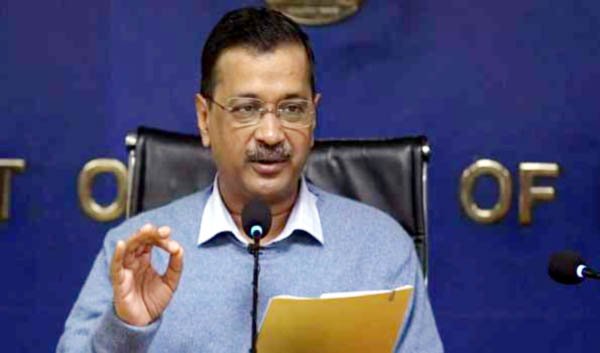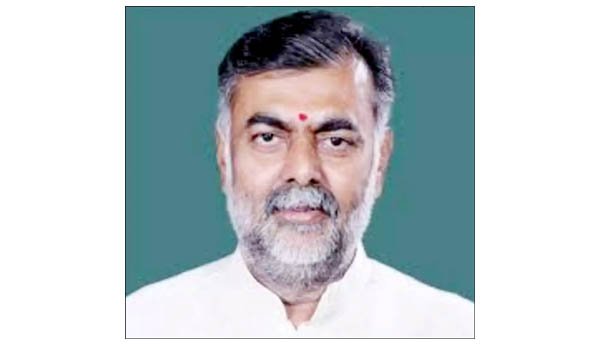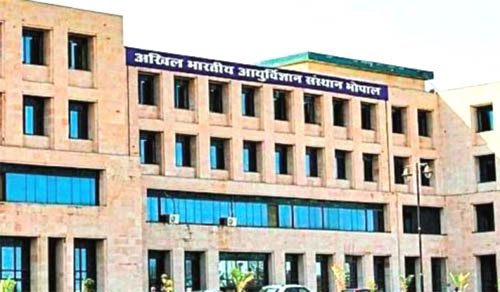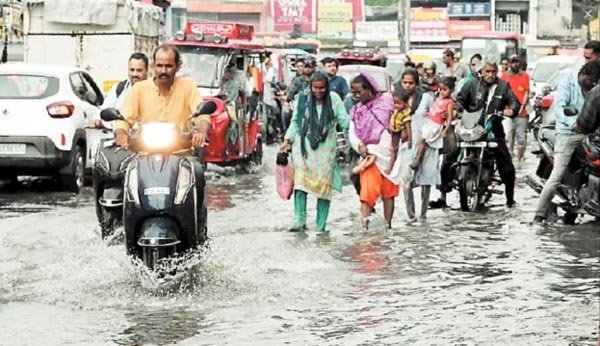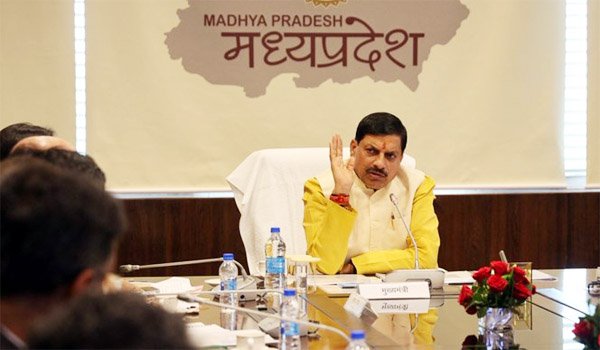New Delhi, Jan 29 (UNI) Delhi Chief Minister Arvind Kejriwal announced on Monday that residents in the national capital who install solar panels on the rooftops of their homes will have a zero electricity bill and an additional income of up to Rs 900 under the new solar policy.
“Electricity bills of commercial and industrial consumers will be halved,” the Chief Minister said while addressing the media on Delhi Solar Policy 2024.
“The most significant feature of the solar policy 2024 is that the individuals those who install solar panels at the rooftop of their homes will have a zero electricity bill, regardless of their consumption level. This means that after the implementation of this policy, the electricity bills of all residents will become zero, Kejriwal said adding, “As you may be aware, the first 200 units of electricity are provided free of cost. For those consuming between 201 and 400 units, their electricity bill is halved, and for those using over 400 units, the entire bill is charged.”
“If you install a 2-kilowatt panel in your home, the total investment will be Rs 90,000. If your electricity bill becomes zero, you will save Rs 1370. Under this policy, the Delhi government will provide a monthly incentive of Rs 700. With the generation-based incentive, you can save approximately Rs 2000 per month,” he said.
The Chief Minister further highlighted the takeaways of the policy saying that, “if you install a 3-kilowatt solar panel, the Delhi government will credit money into your bank account based on the production at the rate of Rs 3 per unit. If you increase the capacity from 3 kilowatts to 10 kilowatts, you will receive Rs 2 per unit for the next 5 years as generation-based incentive. This amount will be deposited on monthly basis.”
Under this scheme, a capital subsidy will be provided. The Delhi government will offer Rs 2000 per kilowatt, with a maximum subsidy of Rs 1000 per residential consumer, tailored to their individual capacity.
Net metering will be applicable under this scheme, which means the net units will be calculated based on the electricity you consume and generate. For example, if you consume 400 units of electricity and generate 100 units, you will need to pay the distribution company (discom) for only the net consumption, which is 300 units. If you generate more electricity than you consume, the excess generation will be carried forward, allowing you to use it in subsequent periods. Also, by the end of the year, if you have produced more electricity than you have consumed; the excess will be reimbursed through Discom, he said.
“Our target is to achieve a 4500 megawatt installed capacity of solar power in Delhi within the next 3 years, by 2027. This includes 750 megawatts from rooftop installations and 3750 megawatts through power purchase agreements with Discoms,” Kejriwal further said.
Noting concerns from the previous where some individuals faced challenges due to insufficient space at home for rooftop solar panels and financial constraints preventing a Rs 90,000 investment, he said, “We have introduced innovative models such as community solar panels. Under this, community people can collaborate to lease space from a third party for installing solar panels and get benefit from net metering.”
“Small consumers without financial resources can approach companies willing to invest. A solar portal will be established to provide comprehensive information,” he said.
Additionally, it is now mandatory for all government buildings with an area exceeding 500 square meters to install solar panels. All government buildings will have solar panels installed within the next three years, Kejriwal added.







